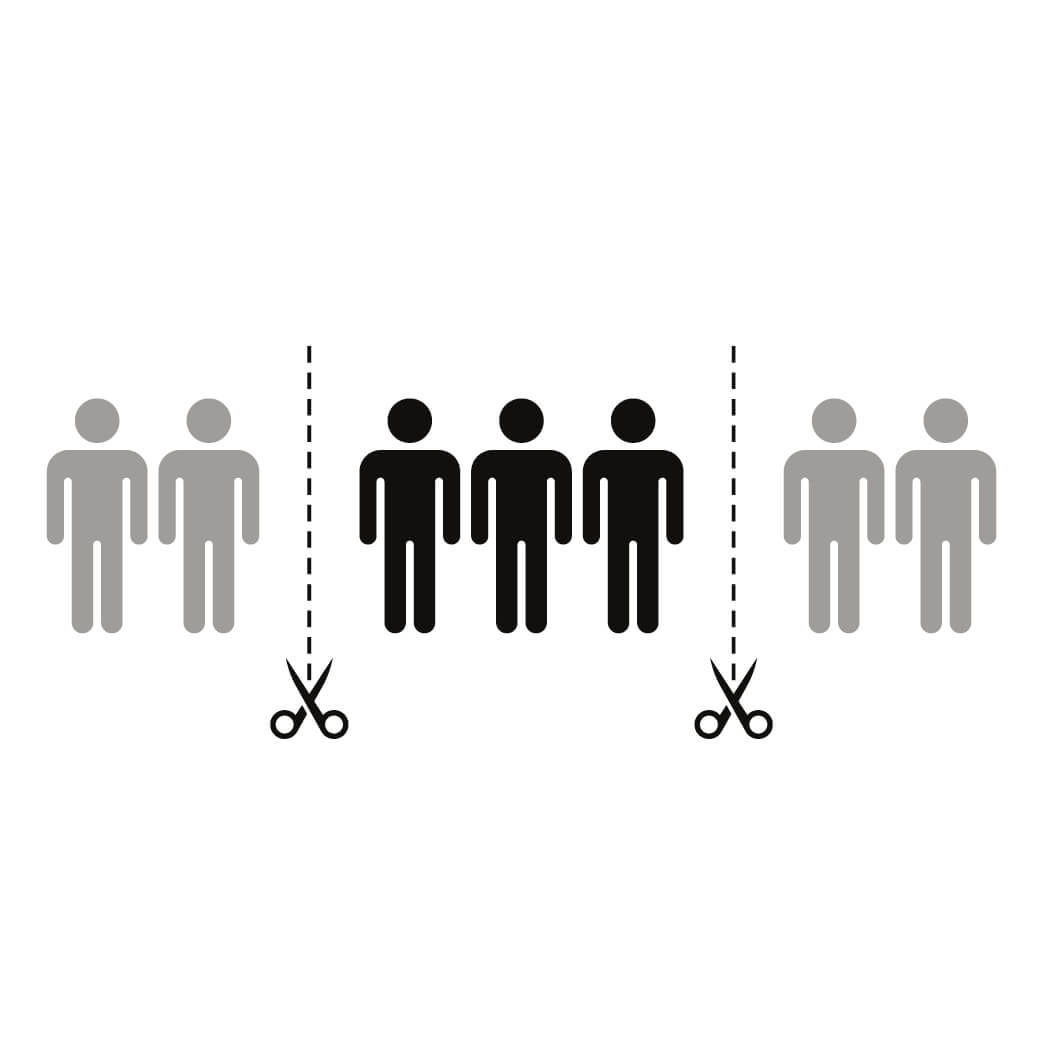
I recently saw that the movie director Christopher Nolan was knighted by King Charles. My kid, who knows I am not a fan of royalty, asked me if I would accept it if I was offered knighthood. (No worries there…) It got me thinking about the dichotomy of empowerment.
I sometimes say that “empowerment” is my least favourite word. It certainly leaves a saccharine taste in my mouth and is a word thrown about with little thought as to the hows and whys and potential negatives.
Anyway, as you may know, when someone is knighted, they kneel before the King or Queen who “dubs” them on both shoulders with a sword while reciting “Arise Sir/Dame (name)”. Nowadays it is an honorific without any real duties, but that was not always the case. Go back several hundred years and for that knighthood a man would be pledging his allegiance for life. But there was an underlying message: that sword of the king, that was flashing about your neck while honoring you, could just as easily be used to decapitate you, as many learned the hard way. So, in the act of being given power, you were also being reminded who had the real power.
A similar reminder is often, unwittingly, given by those that seek to “empower” people now. Do it poorly and you mostly just remind someone of how little power they actually have and that it’s you that has the real power — and thus trigger the stigma that comes with such identity.
Which, of course, made me think about law enforcement and teens.
But before I go there, I’ll go here: For most of my career, I have been involved in brand creation. One consequential tenet I advise clients on is the importance of letting people know the journey you are inviting them on. When people are aware of your “narrative arc” (your reason; your story; your intentions) and they buy into it (and, BTW, it must be true) then they see any stumble along the way as just that — a stumble along the path toward something. If you have not provided them with a larger story, then your stumble is the story. It’s important that people know what is in your heart if you are to have a relationship with them.
I saw a wonderful quote recently: “We judge ourselves on our intentions, but others on their actions.” So calamitously true. But if you’ve never made your intentions clear, what else can people judge you on?
And so, law enforcement. It’s a funny thing about law enforcement and taxes, that they are named after the least favoured part of their scope of work. I mean, the idea of law enforcement is that it leads to safer communities with more freedom to live in positive ways, yet they name themselves after the most punitive aspect of their work. Taxes go toward educating children and building roads and bridges and much more, but they called them, taxes…
In April, I will be speaking at the Rx and Illicit Drug Summit in Nashville. It is the premier event for substance misuse professionals to get together and learn more about their work and what tactics and strategies seem to be working. I’ll be talking about a teen and young adult fentanyl and meth outreach campaign that we created in collaboration with our client, Ventura County Behavioral Health.
It is a sad fact that most people have no idea how to communicate with teens or even what they find important. On a basic level, people have finally figured out that campaigns based on threats or potential calamity have zero traction. (Why would an immortal teen of unlimited intelligence need such information…?) Unfortunately, not too much time has been spent on figuring out why or what to do instead.
As the great Paul Meisel, PhD once told me, “A kid values few things more from a parent than to be found interesting.” Man is he right on that. Try it sometime: start a conversation with your teen with, “I’ve been thinking about something you said earlier, and I have a few questions, if you have time.” (As above, it needs to be TRUE). That your teen said something, and you listened to it, thought about it and now would like to know more about what they think is akin to catnip mixed with dynamite.
Teens want power and they want identity. Those are the two currencies that have any value to them. You don’t show up in Rome and try to buy something with pesos. If you want something from a child, teen or young adult, show up with currency that they value.
To a teen, whose whole life appears (to them) to be proscribed by other people’s rules and regulations, the arrival in their lives of law enforcement or authority, presenting even more rules and regulations, feels like the emergence of a natural enemy.
It’s true for adults too and has been on stark display in the US recently, culminating in the last election. When people are feeling powerless and disenfranchised, then offering them power is intoxicating. Forget conversations about whether the power is positive or negative, people naturally will walk toward the situation where it feels they will have power. One candidate understood this; one candidate didn’t.
It’s similar with the myth of “tough love.” Tough love feels like one of those loopholes that people try to abuse in religion. Love is hard. I think it is meant to be; the effort cleanses us as much as it rewards the other. And to be clear, when I denigrate tough love, I am not denigrating discipline. Much like in branding, if you, on a day-to-day basis, love your child, are interested in them, don’t ignore them, spend quality time with them, then when you have to discipline them, the actual effective part of the discipline is that the child feels that they have disappointed someone who obviously cares about them so much. When you are checked out, abusive, dismissive, then “tough love” is just you going from 50% asshole to 80+% asshole. You’re kidding yourself if you think you can sell that as “love.”
So, it’s actually pretty simple; if you want someone to feel loved, then LOVE them. Same if you want to be in a relationship with a person or a population group. If you want different behavior from someone, show a path into an identity that appeals to them where the desired behavior is natural to that identity. That route allows them to “step into” power, the accretion of which has a self-affirming quality. As I will be discussing in Nashville, it is the action of taking power that makes it part of who you are, otherwise it is just transplanted power — and transplants, without constant attention, are reliably rejected by the host.
Thus, the trick is, particularly with teens and young adults, that the discovery of the path and the decision to step onto it must feel like it fully belongs to them. Otherwise, your “empowering” can actually be depowering and any power that is accrued is likely to be temporary. You don’t give lasting power. You give love, respect and good example. From there, people can build up their own power, the only real and lasting version.

When humans face true cataclysm, we pull together. When it’s about money and power, not so much.

When people see public health messages directed at them, they are very aware that others can see them also and it can trigger concern of how other people in the community now think about them.
People seek to have power over their own lives. Teens, adults, older adults – everyone. What happens when they feel powerless? What happens when you or your communications make them feel they have less power?
The way we talk to others demand that they accept an identity for themselves, and sets up a particular relational dynamic. If we're not careful, that identity can be stigmatizing or turn away the very people we're trying to help.
Get the latest posts and updates delivered to your inbox.